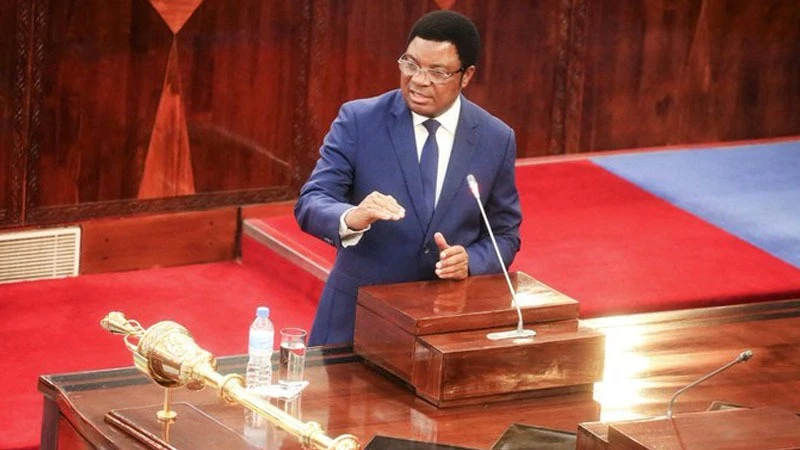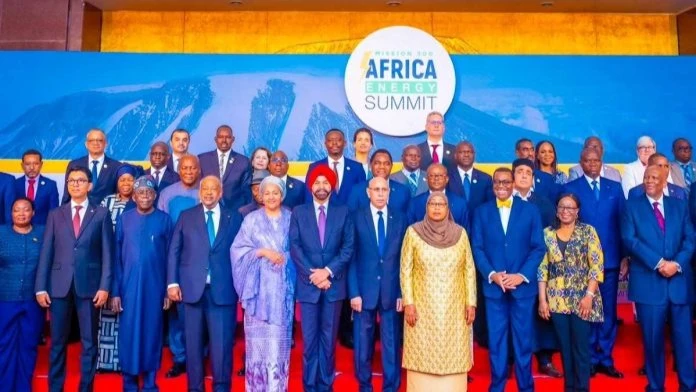Fortifying economy internally has taken long time to realise

THERE seems to be new thinking about economy and fiscal adequacy at high levels of government, although nothing is overly decided quite yet. This impression comes in the wake of an observation by the leader of government business in the National Assembly that the country needs to fortify its economy internally in order to reduce reliance on foreign aid. The key issue is the need to mitigate the impact of less flow of funds when is suspended, not just in current US moves but as a long term vision, as other developed countries may adopt the policy.
No surprise could be expressed at the fact that the issue came up, in the wake of sweeping changes in aid policy of the United States, but even with some countries like Norway apparently chipping in either to speed up own commitments or to reduce the US aid cut impact, the issue was still quite relevant. The premier’s answer or expression of need was candid enough but it requires hard choices for the country to palm off the effects of aid reduction. That is known as ‘soft landing.’
To be sure, it is soft landing if the measures have considerable impact in current fiscal expectations, for the remaining months of the financial year, and on the medium term it is a matter of sustainability of government commitments. Here of course the principal areas of concern would be the key strategic projects being pursued, especially the standard gauge railway extension from Dodoma first to Tabora, Kigoma, Mwanza and neighbouring countries. The key hydropower project is largely completed; other areas can be financed differently.
What is as yet uncertain is how far the US policy changes will affect statutes of international organisations where US aid is multilateral rather than financed directly federal government agencies. Key among them are the Bretton Woods institutions, namely the International Monetary Fund and the World Bank Group, where the US holds a quarter of all the financing. It would have to put in is say if the rest of the world wish to change the statutes to raise shares of other powers.
In that case it can be said that no actual urgency exists for the fiscal situation in the short term, but there is a different between the sort of things that may trouble the legislature, and what could indeed be troubling to society. The latter sphere is being noticed in aid projects or fairly long term programmes that are now being rescinded or put to extensive modification, for instance free delivery of retroviral drugs for HIV/AIDS sufferers. The societal impact will be significant as the cuts relate to such spheres, while Bretton Woods revamping of funds would directly touch budgetary expectations, now just on the horizon.
In that case it can’t be said that the premier would have had solid answers on government preparedness in the wake of current or planned aid cuts, especially in relation to the plea on fortifying the economy internally to forestall impacts of such concussions. It is to the next few months of finishing up drafting the economic review for 2024/2025 and actions for the next financial year that solid answers will need to be put forward. The debate could thus await that point.
Top Headlines
© 2025 IPPMEDIA.COM. ALL RIGHTS RESERVED

















